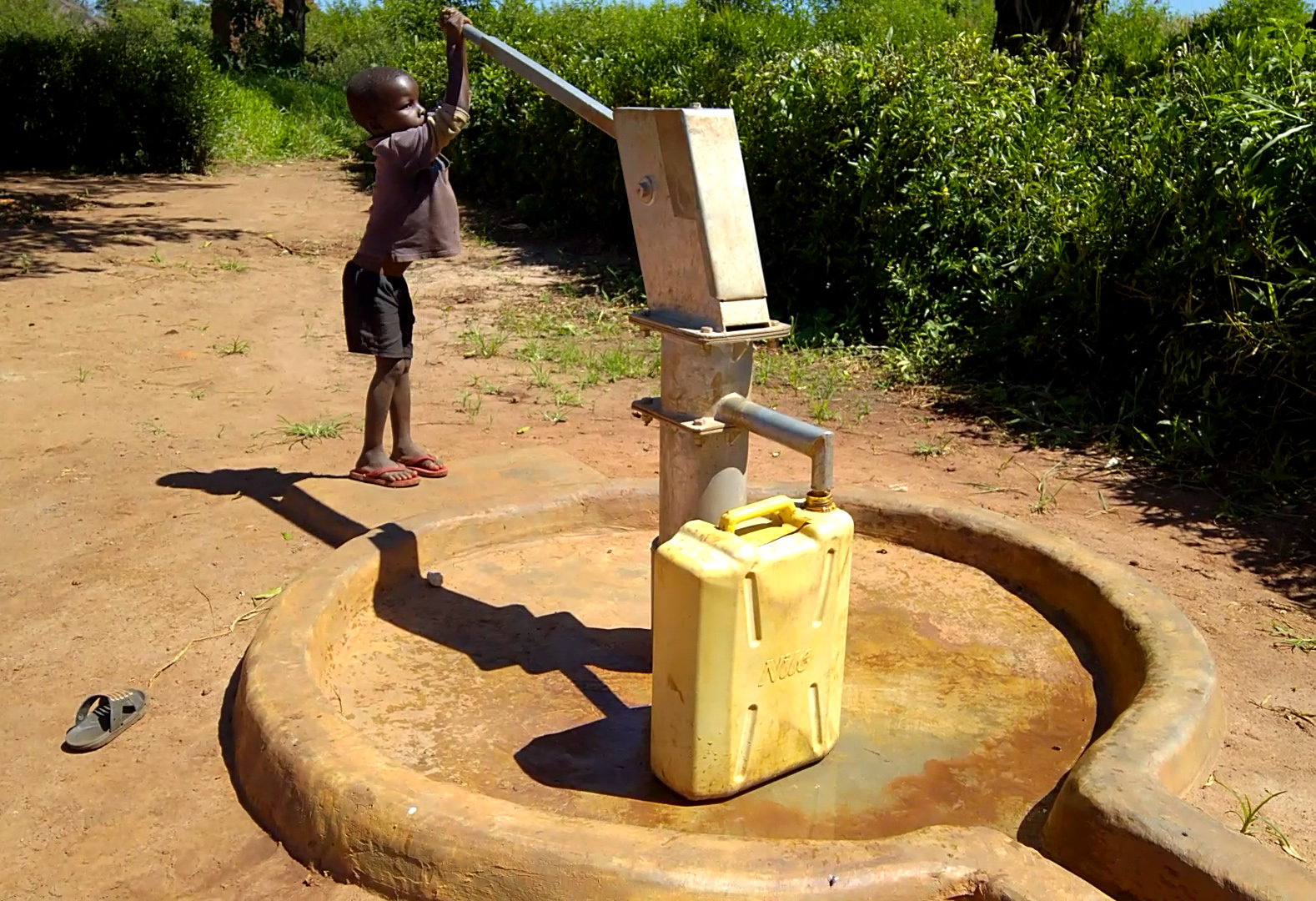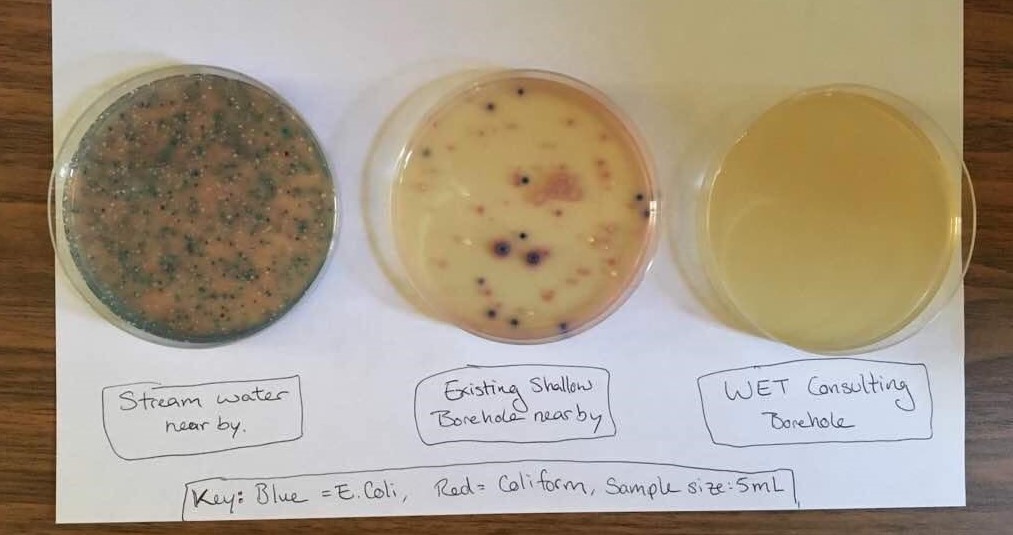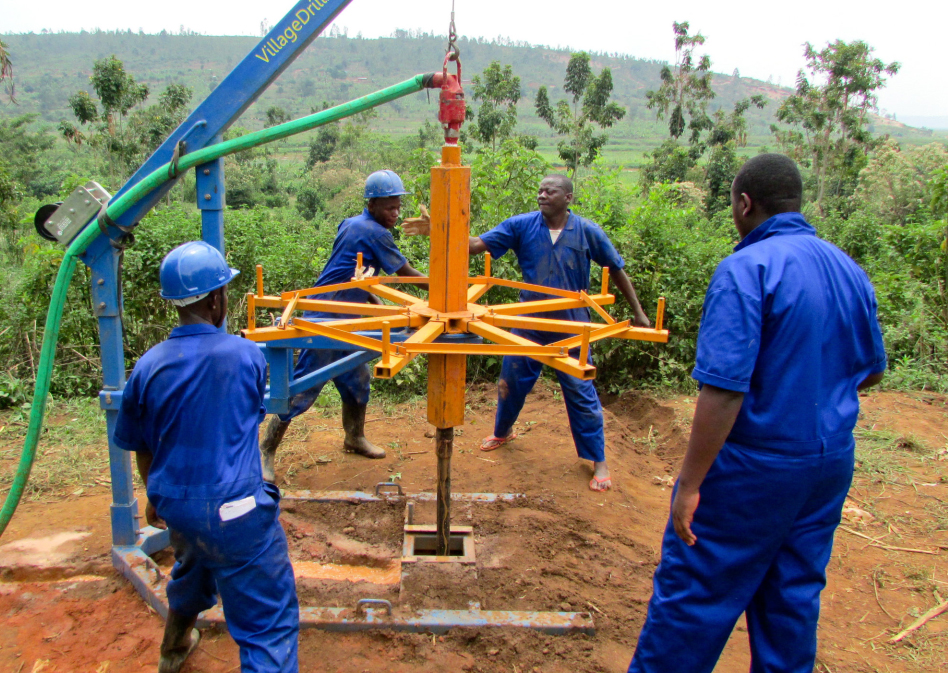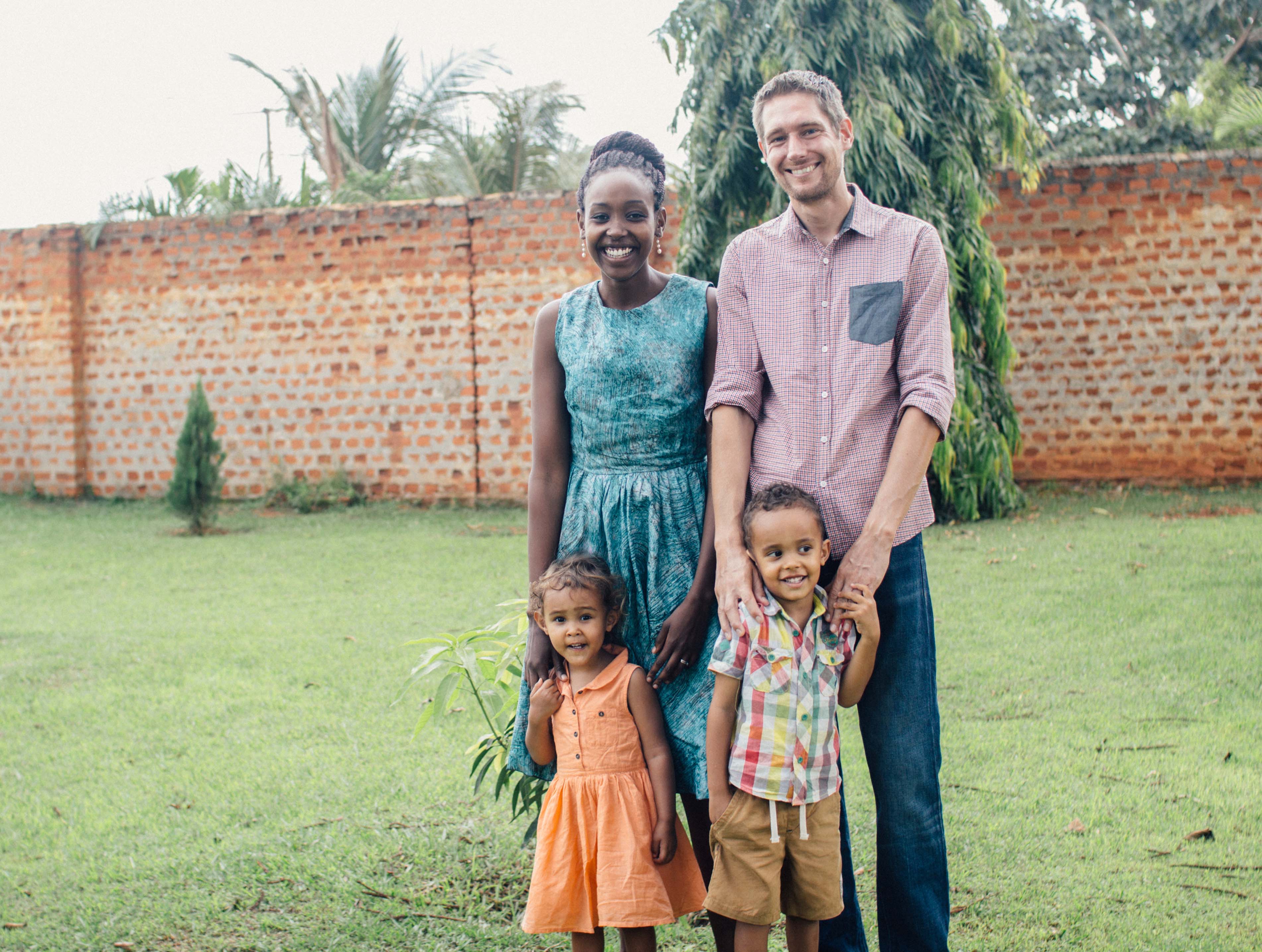A tale of two villages: providing clean water in Uganda
Disease, infection and chronic pain. All a result of drinking dirty water. For millions of people, unsafe water is all they have to drink. But thanks to your giving, boreholes in northern Uganda are providing clean water for hundreds of people, preventing illness and transforming communities.

Today, there are over 663 million people living without a safe water supply close to home, spending countless hours walking to distant sources, and coping with the health impacts of using contaminated water. Everyone deserves access to clean water, but the problem is so large, it can seem difficult to know what to do, or how to fix it.
When faced with an issue like this, the best way to tackle it is to start small, working in village after village, providing safe water and preventing disease until one day, everyone has access.
And that’s exactly what BMS is doing.
In Abwoch and Pajaa, two villages in the north of Uganda, people didn’t have access to a safe supply of water. The main borehole in Abwoch was contaminated, and in Pajaa the nearest clean source was a half an hour’s walk away – most families had to make two to five trips per day, spending up to five hours fetching the water they needed. Disease was rife, all because of bacteria in the water.
But thanks to BMS, this is no longer the case. They have drilled a borehole in Abwoch, and another in Pajaa, providing over 350 people with clean water, free from bacteria and infection.

A BMS-supported team ran tests on three local water sources: stream water, an existing borehole, and a borehole that they built. As you can see, the stream water and the existing borehole are full of bacteria, but the well they built is completely clean.
BMS environmental consultant Tim Darby gathered local leaders, church leaders and community members together in each village. They decided where the borehole would be built, and agreed to provide sand and gravel as resources to help construct it. The communities also agreed to provide accommodation, food, and water for the team drilling the hole and building the water pump.
The villagers were then taught hygiene skills, and elected a committee to help with maintenance and to ensure the water remained clean.

Digging a borehole is exhausting work.
Both boreholes are free from bacteria, providing safe drinking water for the hundreds of people who use them. Charles Opiro, part of the borehole committee in Pajaa, says that people have not been sick from water-related diseases since the new water pump was built, as now they don’t have to drink water taken from puddles or dirty lakes.
Having clean water is helping Pajaa community in other ways too. The boreholes are providing new economic opportunities for the community. Charles used the clean water to make bricks during the dry season, which he then sold to fund the school fees for his younger siblings. He’s also seen more women participate in the economy – his neighbour took her goods to sell at the market because she no longer had to spend such a long time collecting water.

Tim Darby and his wife Linda, a BMS lawyer, live in Gulu in northern Uganda with their three children, Joshua, Annabelle and Elsa.
BMS' work in Uganda is providing safe water to hundreds, preventing disease and saving lives. It’s transforming the way villages in northern Uganda operate. And the project has barely begun. “I just want to say thank you,” Tim says to our generous supporters. “You’ve enabled so many people to access clean water already. We’re so grateful.”
You can give now to support work like this around the world. Just click here.
This story was originally published on the BMS World Mission website and is used with permission.
BMS World Mission, 26/03/2018